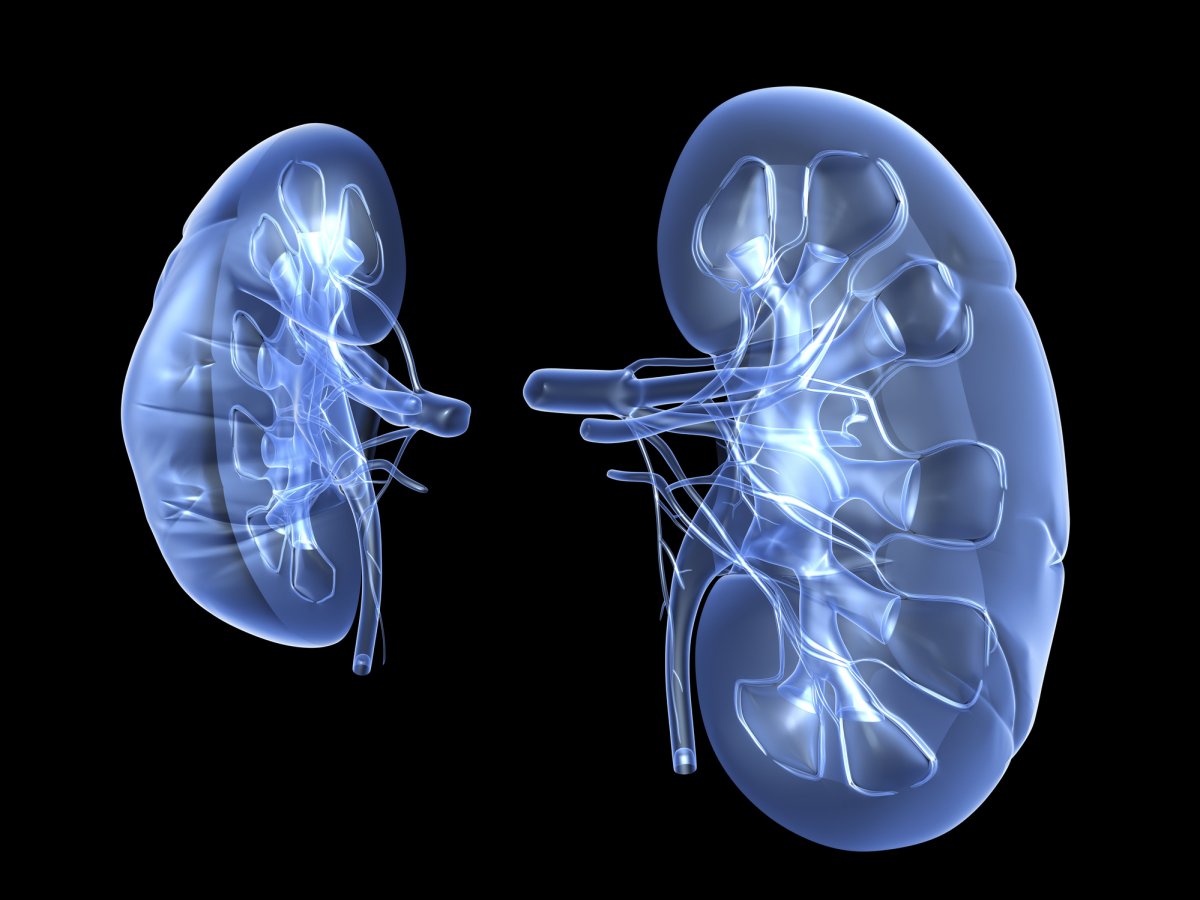Your Kidneys ... and What It Means When Things Go Wrong
April 18, 2024
 You may not give much thought to your kidneys, but these two fist-sized, filtering organs play an important role in keeping the rest of your body in balance. Here’s how: Your kidneys are the first stop on your body’s urinary system. Blood flows to them from your heart via an artery. Once there, the blood passes through millions of tiny filters whose job is to remove waste and excess fluid. The separated waste then journeys to your bladder, by way of ureters, where it gets stored as urine. The now “clean” blood returns to your bloodstream through veins.
You may not give much thought to your kidneys, but these two fist-sized, filtering organs play an important role in keeping the rest of your body in balance. Here’s how: Your kidneys are the first stop on your body’s urinary system. Blood flows to them from your heart via an artery. Once there, the blood passes through millions of tiny filters whose job is to remove waste and excess fluid. The separated waste then journeys to your bladder, by way of ureters, where it gets stored as urine. The now “clean” blood returns to your bloodstream through veins.
This process does much more than just create urine. It also helps control the production of red blood cells in your body, releases hormones that help regulate blood pressure, makes vitamins that control growth, keeps important minerals in balance, and helps maintain bone health.
What is kidney disease?
Kidney disease, also known as renal disease, occurs when the kidneys become damaged and can't function properly. Sometimes the damage is temporary. When that’s the case, it’s known as acute kidney disease. However, when the damage occurs over a longer period of time, it’s known as chronic kidney disease (CKD). When kidney function is impaired, waste products and fluids can build up in the body, leading to complications like weakened bones and an increased risk of heart disease and stroke. Worsening kidney disease can result in kidney failure. At that point, either long-term dialysis or a kidney transplant is needed to take over the vital work of these all-important organs.
Understanding your risk for kidney disease
According to the CDC, the most common causes of chronic kidney disease are:
- Diabetes - Uncontrolled diabetes can damage the small blood vessels in the kidneys, affecting their ability to filter waste.
- High blood pressure – Hypertension can damage the blood vessels in the kidneys, reducing their efficiency.
Additional risk factors include heart disease, family history, inherited kidney disorders, past damage to the kidneys, and older age.
To help keep the urinary system healthy:
- Drink enough fluids, especially water
- Exercise regularly and maintain a healthy weight
- Eat plenty of high-fiber foods
- Use the washroom frequently and when needed. It’s also important to take the time to empty your bladder fully
A recent episode of “South Texas Healthy Living” included important information about kidney disease. Watch it now →
Kidney disease is a serious condition that can have a significant impact on your health and quality of life. However, with early detection, proper management and needed lifestyle changes, it is possible to slow the progression of the disease and prevent complications.
If you have risk factors for kidney disease or experience symptoms that point to kidney problems, don't hesitate to seek medical attention. Taking proactive steps to protect your kidney can go a long way towards good health now and in the future.
